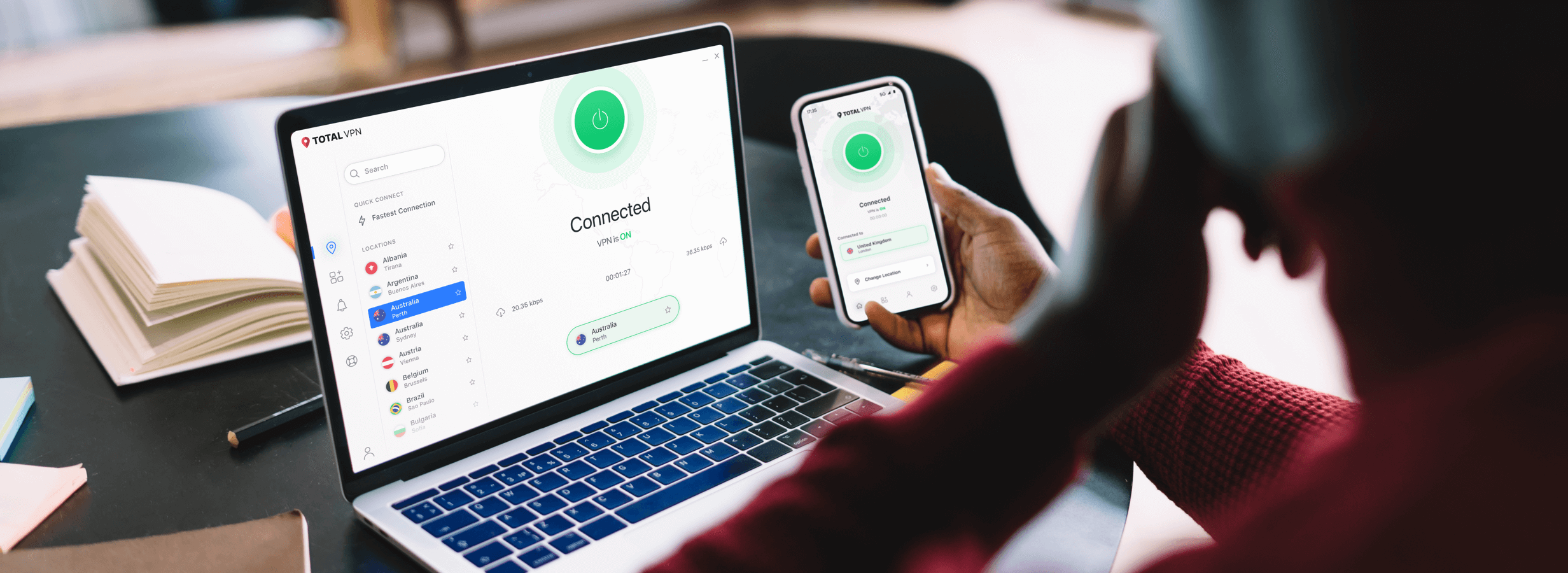The dark web, a hidden part of the internet, is not indexed in typical search engines and is notorious for harboring illicit activities, including the sale of stolen personal data. With identity theft on the rise, your data—like credit card details, social security numbers, or even login credentials—can be exposed on the dark web if proper precautions aren’t taken.
What is the Dark Web?
The dark web is part of the deep web, which requires special software to access. It’s where cybercriminals buy and sell sensitive personal information, including hacked accounts, stolen identities, and credit card numbers. This makes it a breeding ground for identity theft.
How Does Your Data End Up There?
Hackers often steal data through phishing attacks, data breaches, or malware infections. Once stolen, this information is put up for sale on dark web marketplaces. In some cases, even a minor breach at a retailer or online service can lead to your data being exposed.
Steps to Protect Yourself from Identity Theft
- Use Strong, Unique Passwords
Ensure each of your accounts has a unique password that is complex and difficult to guess. Using a password manager like Totaal wachtwoord can help keep track of them. - Authenticatie met twee factoren (2FA) inschakelen
Adding a second layer of protection, like 2FA, reduces the likelihood of unauthorized access to your accounts, even if your password is compromised. - Monitor Your Accounts Regularly
Frequently check your bank and credit card statements for any suspicious activity. Consider using services that monitor your credit for unauthorized changes. - Stay Updated on Data Breaches
Subscribe to alerts from services that notify you if your personal information has been compromised in a breach. Our TotalAV service allows you to check for data breaches and set alerts for any new breaches when they occur. - Use a VPN
A Virtual Private Network (VPN) like TotalVPN encrypts your internet traffic, making it harder for hackers to intercept your personal data while browsing. - Be Wary of Phishing Scams
Always verify the source of emails and messages asking for sensitive information. Don’t click on suspicious links or provide personal details in unsolicited requests. TotalWebShield is a browser extension that makes you aware of scam websites. - Freeze Your Credit
If you suspect your personal information has been compromised, freezing your credit with major bureaus can prevent fraudsters from opening new accounts in your name. - Identiteitsbescherming
If you are a US customer, we offer an all-in-one Identity Protection feature where you can protect yourself from Identity Theft and Financial Fraud.
Conclusie
With the increasing risk of identity theft through the dark web, it’s essential to take proactive steps to safeguard your personal information. By following these security practices, you can minimize the risk of your data being stolen and sold on the dark web, and protect yourself from the potential financial and personal impacts of identity theft.
Staying vigilant and employing strong cybersecurity habits can help you keep your personal information safe from the dangers lurking in the dark web.



